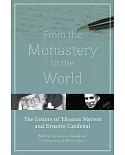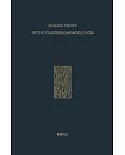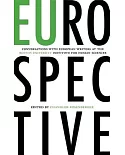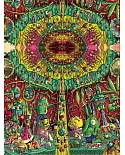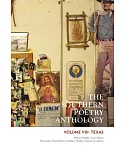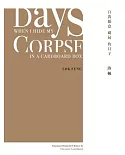A beloved university teacher and an esteemed literary critic, Austin Warren (1899-1986) was also an extraordinary epistolary artist. In its parts and whole, this calling ultimately became an
aesthetic, social, moral, and spiritual discipline that demanded of him steadfast effort and faith.
During a long lifetime, he produced a steady stream of letters to friends and colleagues, adjutants and auditors; all his letters evinced the concerns of a fully engaged writer seeking and
finding his vocation. These letters are not simply those of a man of letters, but also of a man n search of his interior self. Self-examination is an integral facet that one discovers in them,
though subjective absorptions do not blemish an ardent appeal for dialogue, for connection, and understanding.
The letters of Austin Warren enables a reader to perceive what epistolary art signifies, and to appreciate the rehabilitative powers and possibilities of communication and connection that it
generates.
Austin Warrent (1899-1986), a revered university teacher and a compelling literary critic, taught for most of his career at major Midwestern universities, before retiring to Providence, Rhode
Island, where he lived the last sixteen years of his life.
George Panichas (1930-2010) was a university teacher and a moralist literary critic and for twenty-five years the editor of Modern Age: A Quarterly Review. He was the editor of In Continuity:
The Last Essays of Austin Warren (Mercer, 1996) and author of Joseph Conrad: His Moral Vision (Mercer, 2005) and Growing Wings to Overcome Gravity: Criticism As the Pursuit of Virtue.




